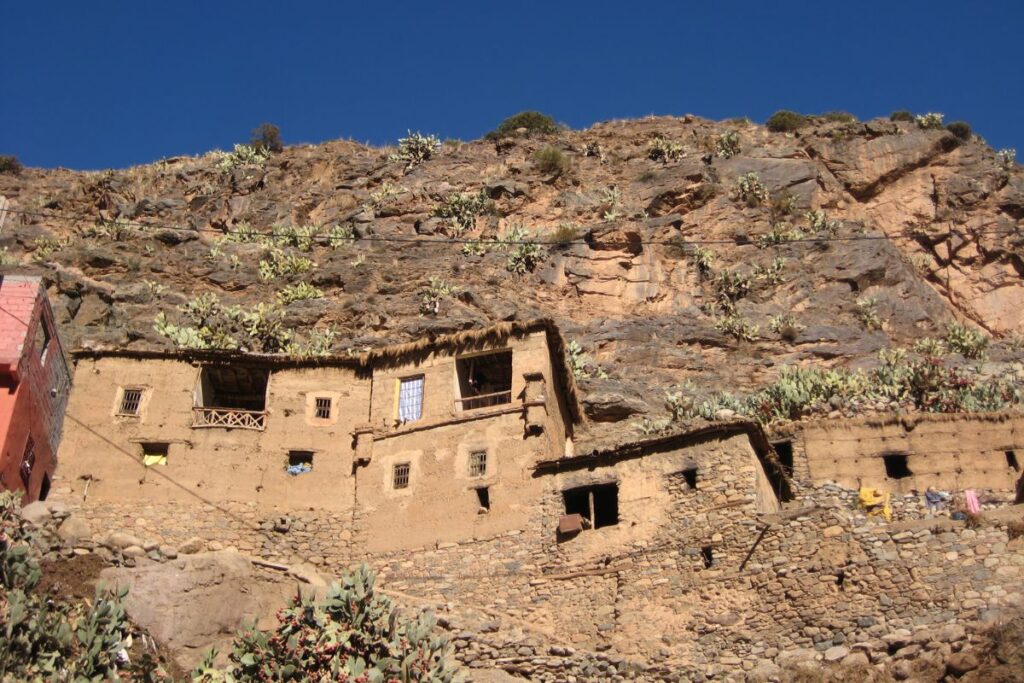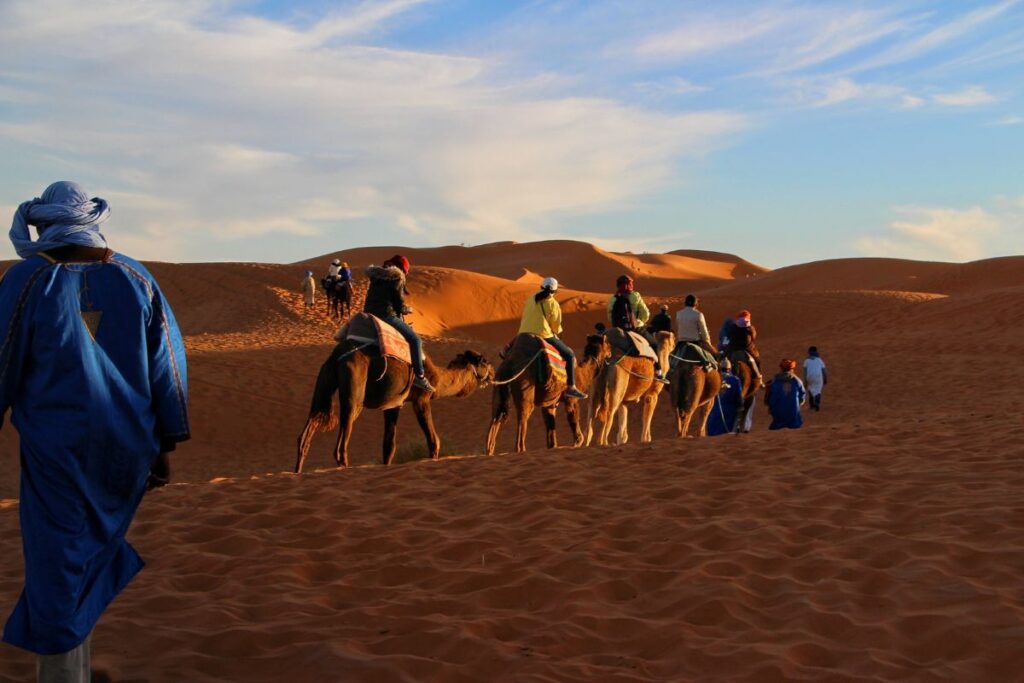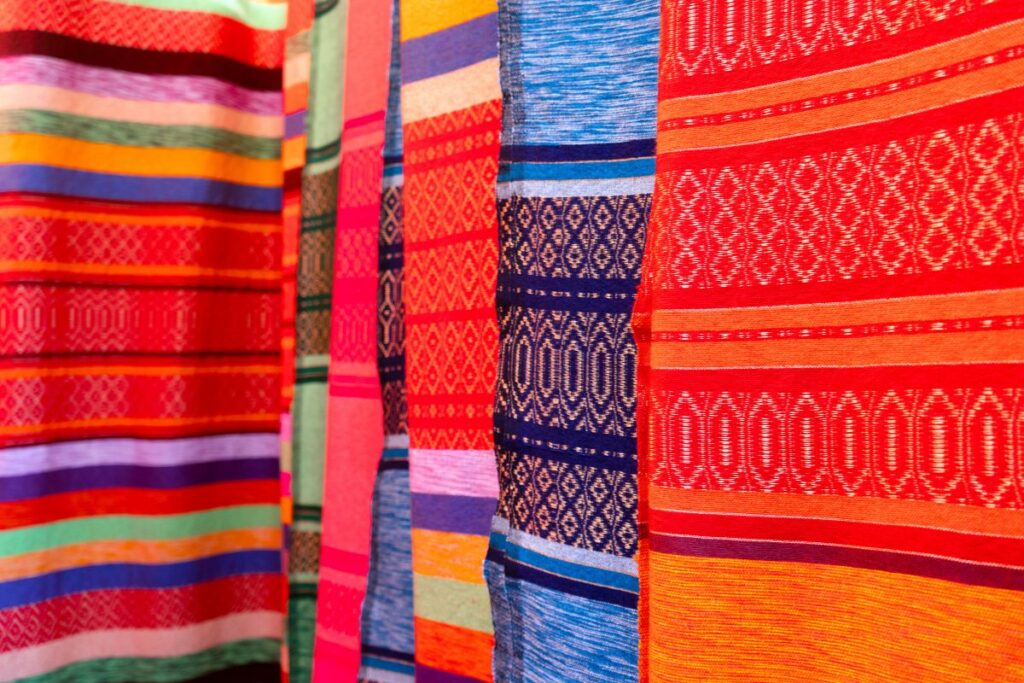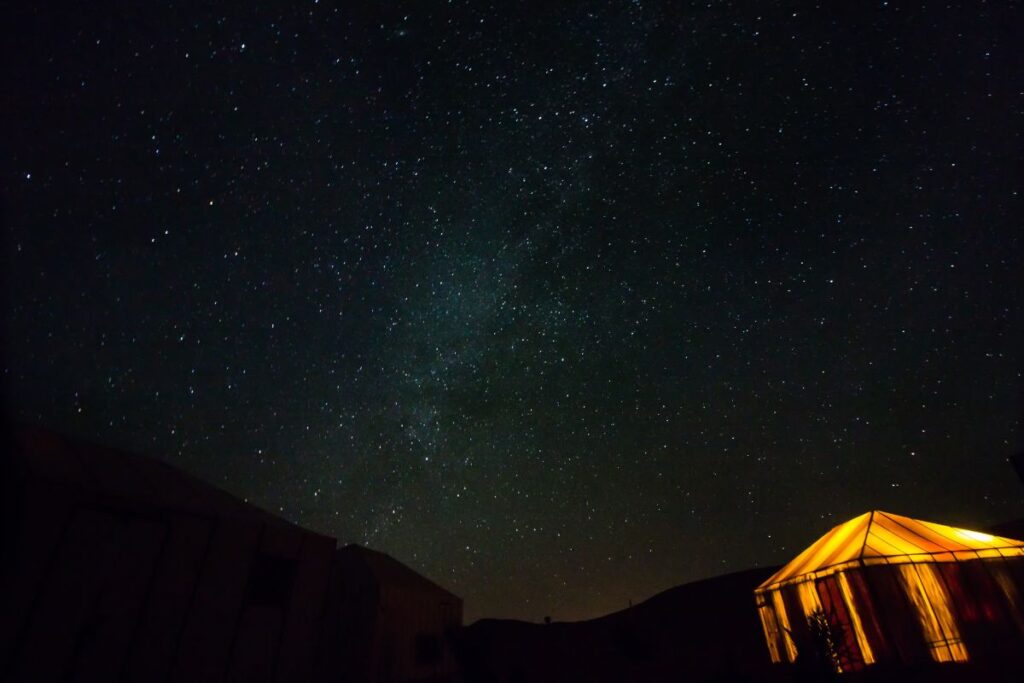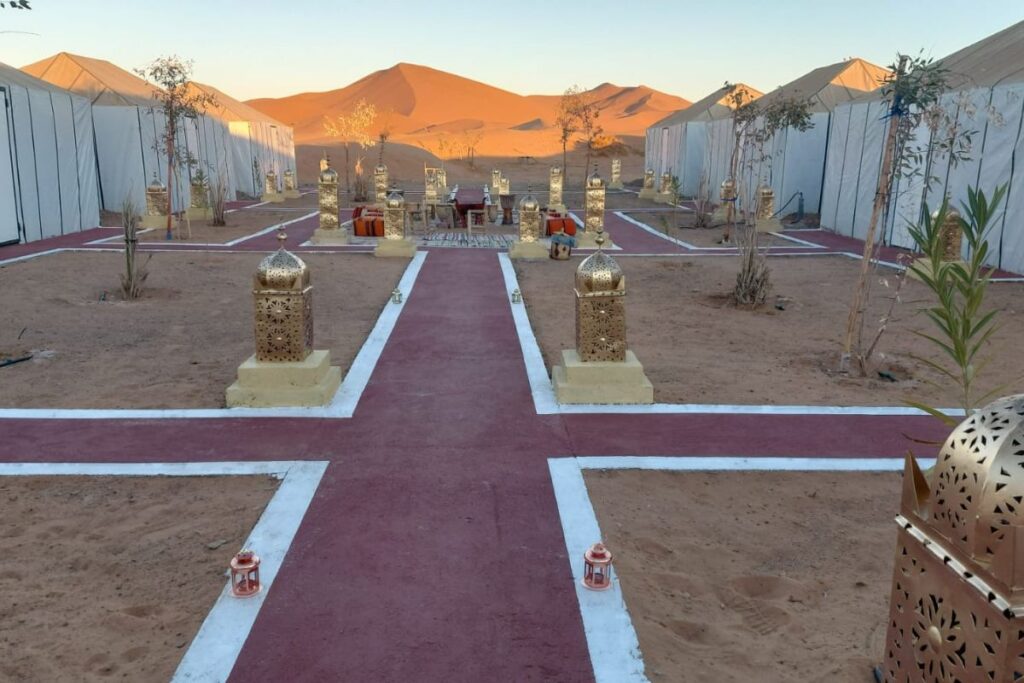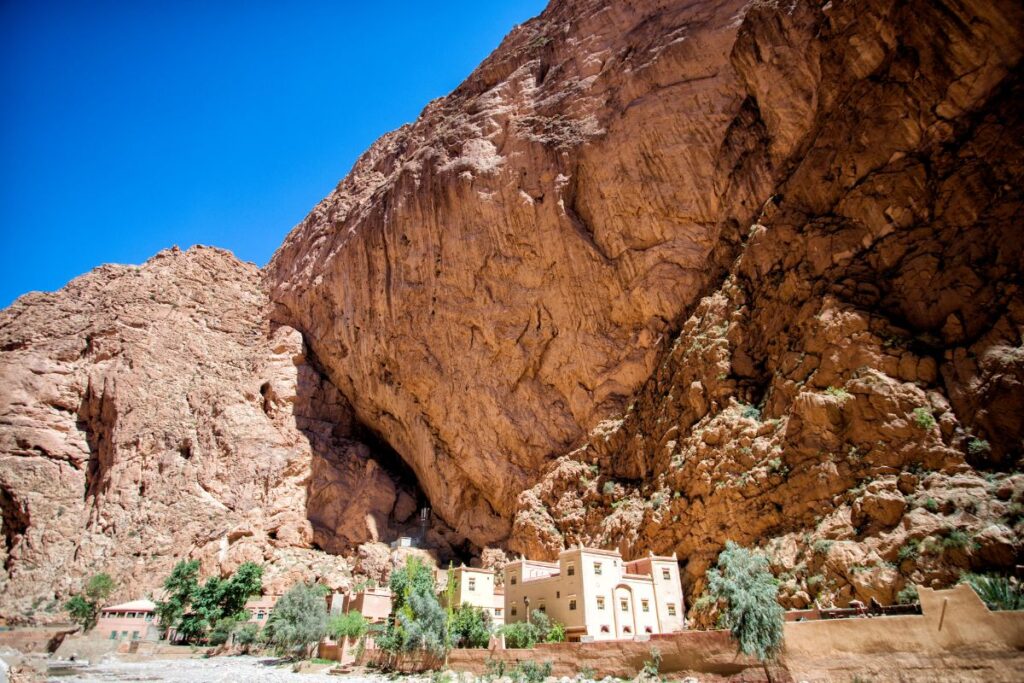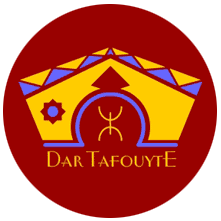The Berber Culture: A Window into Morocco’s Heritage
Berber culture, with its rich history and deeply rooted traditions, is an essential part of Morocco‘s cultural tapestry. Known for their hospitality and nomadic way of life, the Berbers have left an indelible mark on this North African country. Let’s delve into this fascinating culture and discover how the Berbers have influenced Morocco’s identity.
Origins of the Berbers
The Berbers, also known as Amazighs, are the indigenous inhabitants of Morocco and the entire Maghreb region, including Algeria, Tunisia, Libya, and Mauritania. Their history dates back thousands of years, and they are believed to be one of Africa’s oldest indigenous peoples. The Berbers have a rich oral tradition that has passed down their culture through generations.
Language and Writing
A distinctive feature of Berber culture is its own language, Tamazight. Although Arabic is the official language of Morocco, Tamazight is still spoken in many rural communities and is an important part of Berber identity. Additionally, Tamazight has been written in various scripts, including Tifinagh, an ancient Berber writing system that has experienced a revival in recent years.
Art and Music
Berber art and music reflect the beauty and simplicity of life in the desert and the Atlas Mountains. Berbers are known for their craftsmanship in carpets and textiles, often featuring vibrant geometric patterns and striking colors. Berber music uses traditional instruments such as the guembri and bendir, and their songs often tell stories of everyday life in the desert.
Nomadic Way of Life
Many Berbers in Morocco still lead a nomadic lifestyle, moving with their herds of camels and sheep across the vast desert. This way of life has greatly influenced Berber culture and traditions. Berber nomads are known for their hospitality and often offer tea and food to passing travelers.
Festivals and Celebrations
Berbers celebrate a series of festivals throughout the year that provide a window into their unique culture. One of the most notable is the Rose Festival in Kelaa M’Gouna, which celebrates the rose harvest in the Valley of Roses in southern Morocco. Another significant festival is the Imilchil Festival, where Berber tribes gather to celebrate mass marriages.
Religion and Spirituality
Most Berbers practice Islam, but their approach to religion often incorporates elements of traditional Berber spirituality. Many believe in the presence of spirits in nature and the influence of celestial bodies on daily life.
Berber Influence in Morocco
Despite being a minority in Morocco, the Berbers have had a significant impact on the country’s culture and history. From the architecture of imperial cities to Moroccan cuisine, Berber heritage is deeply ingrained in the national identity.
Visiting Berber Communities
One of the most enriching experiences travelers can have in Morocco is visiting Berber communities in the Atlas Mountains or the Sahara Desert. Here, you can learn about their traditions, taste their traditional food, and experience the unique hospitality of the Berbers.
Berber culture is a living treasure in Morocco that offers a unique glimpse into the richness and diversity of this country. Whether through their language, art, music, or nomadic way of life, the Berbers continue to play a vital role in Morocco’s history and identity.
